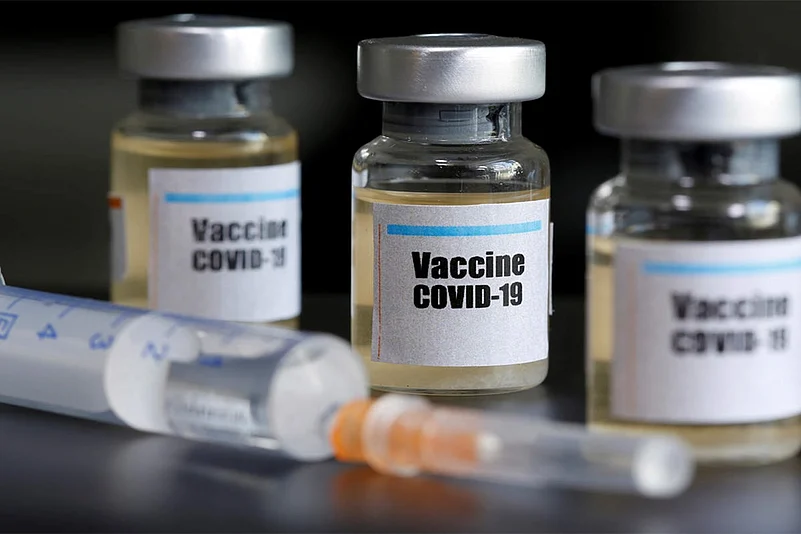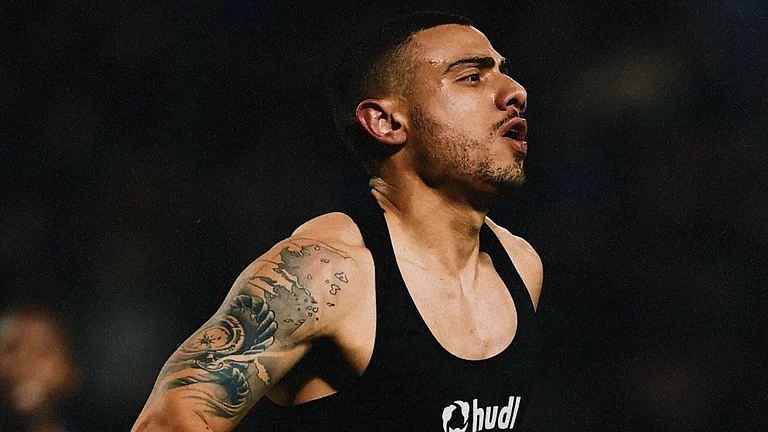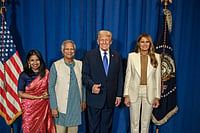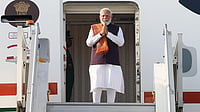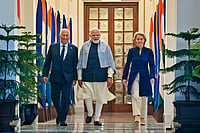India will begin supplying vaccines to selected countries from Wednesday. Keeping in mind Prime Minister Narendra Modi’s neighbourhood-first policy, the first recipients will be countries in the region.
The Prime Minister had earlier promised to help “humanity fight the Covid-19 pandemic”. The first batch of vaccines will be sent out under grant assistance to Bhutan, Bangladesh, Nepal, Maldives, Myanmar, and Seychelles, the MEA said in a statement released this evening. Delhi will also supply Sri Lanka, Afghanistan and Mauritius, once the mandatory clearance formalities are completed by the regulatory bodies of the three countries.
A meeting of health and foreign ministry officials was held on Monday to work out the details. Several countries had lined up for the vaccine. However, the statement did not say the quantity that will be sent out to other countries. nor is there any mention of which vaccines will be given. Will, the Oxford AstraZeneca vaccines being produced in Pune by the Serum Institute of India, or the homegrown Covaxin manufactured by the Hyderabad-based Bharat Biotech be sent out? There is no clarity on this. Most countries would prefer the Oxford AstraZeneca, considering there is not enough data on the Bharat Biotech vaccine.
India began a two-day training programme starting on Tuesday to familiarise recipient countries on operation and administrative aspects, cold chain procedures, and data compilations. These are being done both at the national and provincial levels according to the MEA statement.
Reassuring the country that adequate numbers will be available for domestic consumption, the MEA said: “Keeping in view the domestic requirements of the phased rollout, India will continue to supply Covid-19 vaccines to partner countries over the coming weeks and months in a phased manner. It will be ensured that domestic manufacturers will have adequate stocks to meet domestic requirements while supplying abroad.”
India, often referred to as the pharmacy of the world, for being able to produce medicines and vaccines at a much lower cost than the developed countries, is going all out to provide the vaccine to the developing world. This will strengthen India’s image as a country willing and able to help smaller countries in its neighbourhood and earn goodwill in the region.
India’s medical diplomacy began in the early days of the pandemic. Building on its strong medical and pharmaceutical capabilities, India scaled the domestic production and export of drugs in the fight against Covid-19.
At the request of US President Donald Trump, India lifted a domestic ban on the export of hydroxychloroquine (HQC) and is said to have supplied nearly 446 million HQC tablets and 1.54 billion paracetamol tables to 133 countries. Besides hydroxychloroquine, Remdesivir, the drug used for Covid treatment, as well as diagnostic kits, ventilators, masks, gloves, and other medical supplies were given out. Delhi also helped train several neighbouring countries to enhance and strengthen their clinical capabilities, under the Partnerships for Accelerating Clinical Trials (PACT) programme. Training courses were organised for healthcare workers and administrators of partner countries under the Indian Technical and Economic Cooperation (ITEC) programme.
China has been doing its share of Covid diplomacy. Having to face the wrath of the world for allegedly hiding details of the extent of devastation caused by Covid-19 in Wuhan where it originated, China has supplied medical equipment, including ventilators, masks gloves and medical help to countries in Europe and Asia. It is also gearing up to supply China-made vaccines to several countries, including India’s neighbours. India and China will be both in hand to provide the vaccine to smaller countries in South Asia.







